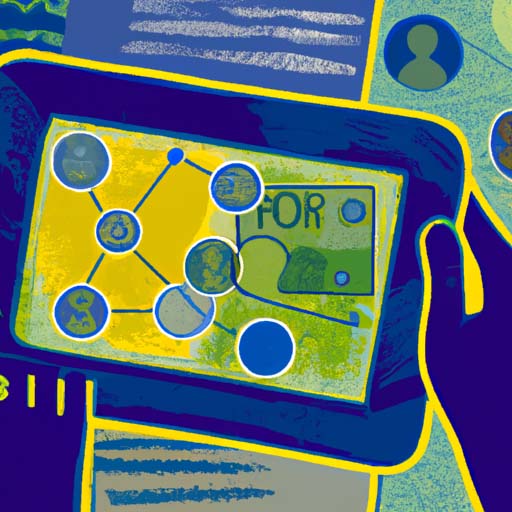TLDR:
In this article, journalist Sarah Smith discusses the recent findings of a study on the effects of social media on mental health. The study, conducted by researchers at University of California, Berkeley, found that excessive use of social media can lead to increased feelings of loneliness and depression. The research also revealed that social media can create a distorted sense of reality and negatively impact self-esteem. The study recommends limiting social media use and focusing on building meaningful in-person connections as a way to combat these negative effects.
Effects of Social Media on Mental Health
In a recent study conducted by researchers at University of California, Berkeley, it was found that excessive use of social media can have detrimental effects on mental health. The study revealed that individuals who spend a significant amount of time on social media platforms experience increased feelings of loneliness and depression. This is particularly true for those who use social media as a primary source of social interaction.
The study also highlighted how social media can contribute to a distorted sense of reality and negatively impact self-esteem. With the prevalence of curated and filtered content on social media, individuals may compare their own lives to the seemingly perfect lives of others, leading to feelings of inadequacy and low self-worth.
Recommendations for Combating Negative Effects
As a way to combat the negative effects of social media on mental health, the study recommends limiting social media use and focusing on building meaningful in-person connections. By prioritizing face-to-face interactions and cultivating real-life relationships, individuals can reduce feelings of loneliness and improve overall well-being.
The researchers also suggest engaging in activities that promote mindfulness and self-care, such as meditation, exercise, and spending time in nature. These practices can help individuals create a sense of balance and perspective, which is essential for maintaining good mental health in the digital age.
Ultimately, while social media can be a valuable tool for communication and connection, it is important for individuals to be mindful of their usage and its potential impact on their mental well-being. By taking steps to limit social media consumption and prioritize real-life interactions, individuals can work towards a healthier and more balanced relationship with technology.







